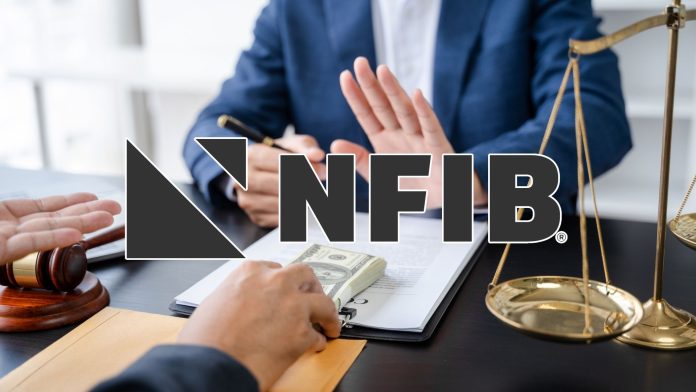Joseph Ronald Trenkle, a former resident of Cherry Hills Village, Colorado, now living in Dorado, Puerto Rico, faces serious criminal charges for alleged fraud connected to COVID-19 relief funds. Trenkle is charged with one count each of wire fraud and money laundering, according to the United States Attorney’s Office for the District of Colorado. This case highlights the ongoing issue of fraud in pandemic relief programs and serves as a cautionary tale for small business owners navigating the complex landscape of financial assistance.
Between April 2020 and February 2022, Trenkle allegedly secured a total of nearly $4.85 million through Economic Injury Disaster Loans (EIDL) and Paycheck Protection Program (PPP) funds. Specifically, he is accused of making false representations to increase his EIDL loan and submitting fraudulent applications for PPP loans and their subsequent forgiveness. The allegations suggest a calculated effort to exploit the resources available to small businesses during a time of national crisis.
The CARES Act, enacted in March 2020, aimed to provide immediate financial support to businesses and individuals affected by COVID-19. This legislation not only created the PPP—which offered loans aimed at helping businesses retain employees—but also allowed for EIDLs to assist those facing significant financial difficulties. While the intent behind these programs was to bolster the economy and protect jobs, they have inadvertently become avenues for potential fraud.
For small business owners, the implications of this case are significant. It underscores the importance of honesty and transparency when applying for financial assistance. While the relief measures have been invaluable for many struggling businesses, the landscape is rife with risks. The federal government, keenly aware of the abuse of these funds, has ramped up scrutiny and investigation into potential fraud, as evidenced by the multi-agency investigation into Trenkle’s activities.
Assistant United States Attorney Craig Fansler is leading the prosecution of this case, which is being investigated by several federal agencies, including the FBI and the Small Business Administration’s Office of Inspector General. This level of interagency collaboration signifies a robust federal effort to combat fraud and protect the integrity of pandemic relief programs.
Small businesses should be aware that while these funding opportunities present significant benefits, there are potential pitfalls. In addition to facing legal repercussions for fraud, businesses found to be engaging in dishonest practices may harm their reputations irreparably. Moreover, any potential fallout from fraudulent claims can hinder future access to funding or support from government programs.
As a proactive measure, small business owners should ensure they fully understand the application processes and requirements for relief funds. Diligence in maintaining accurate financial records and creating transparent documentation can fortify against any potential claims of misuse. Furthermore, consulting with financial advisors or legal experts can provide guidance on navigating these complex programs while ensuring compliance.
The ongoing fallout from the pandemic continues to affect small businesses across the nation, making the responsible use of federal relief funds more critical than ever. For those who suspect or have encountered fraud, the Department of Justice has made it easy to report such activities through their National Center for Disaster Fraud hotline and online complaint form.
As this case unfolds, it serves as a reminder that vigilance, integrity, and adherence to guidelines are paramount for small business owners seeking to utilize federal aid responsibly. Those looking to learn more about this case can find additional information in the original U.S. Department of Justice press release here.
The unfolding situation illustrates not just the risks of fraud but the indispensable role honesty plays in the recovery journey of small businesses navigating challenging economic landscapes.
Image Via Envato: thichas



